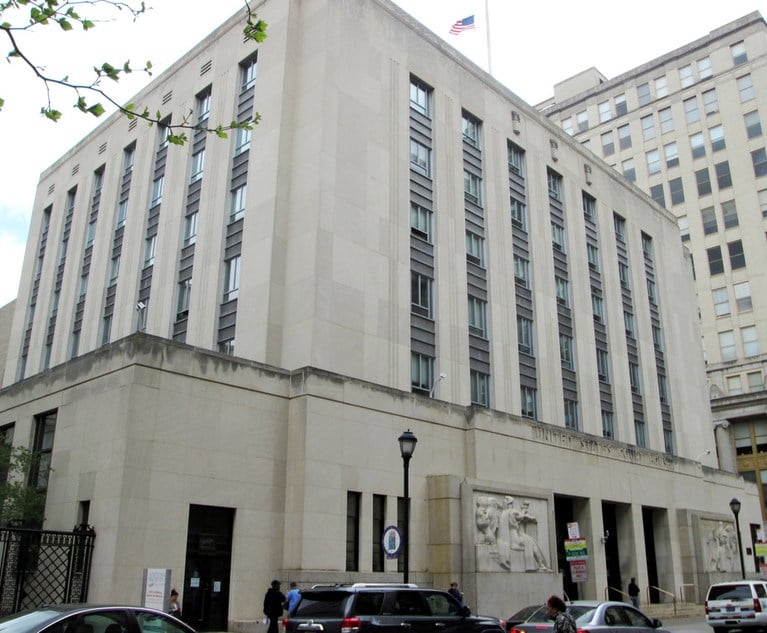The #MeToo era has prompted employers across the country to review their internal mechanisms for screening and investigating complaints of sexual harassment in the workplace. Federal, state, and local laws—and more recently, cultural mandates—require companies to implement prophylactic and remedial procedures to address or mitigate sexual misconduct.
Those procedures often require in-house counsel to participate in crafting defensible measures to address employee complaints, perhaps with the assumption that involvement by counsel will provide a cloak of privilege surrounding internal investigations. However, a recent decision from the Southern District of New York, Barbini v. First Niagara Bank, No. 16-cv-7887, highlights the challenges companies can face in protecting attorney-client privilege when defending claims that arise from or turn in some way upon internal investigations involving in-house counsel.


 Alisha L. McCarthy, left, of Phillips Nizer and Jeffrey Campolongo, right, of the Law Office of Jeffrey Campolongo.
Alisha L. McCarthy, left, of Phillips Nizer and Jeffrey Campolongo, right, of the Law Office of Jeffrey Campolongo.




